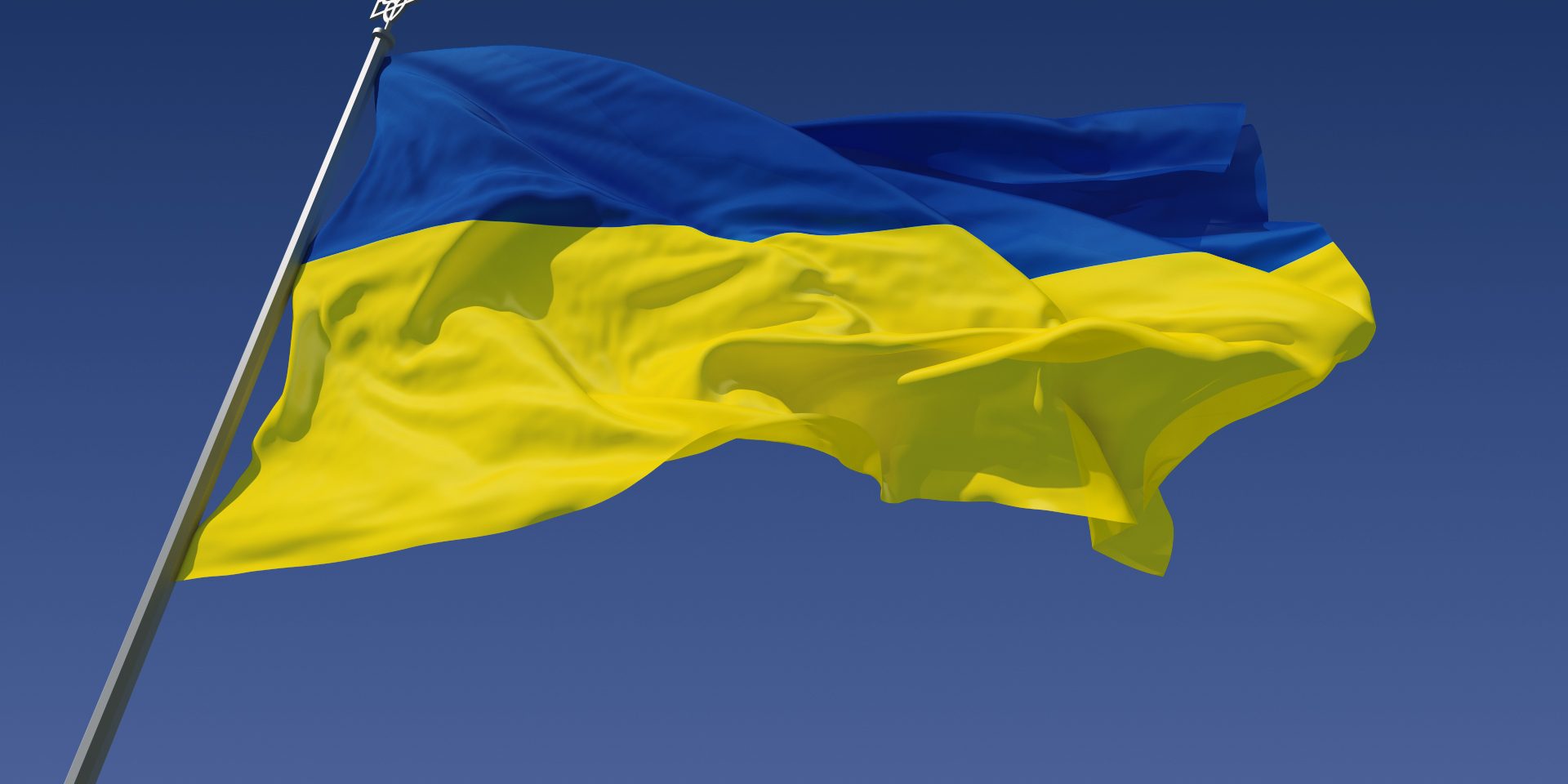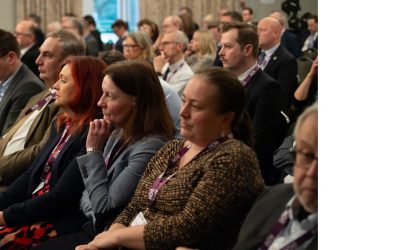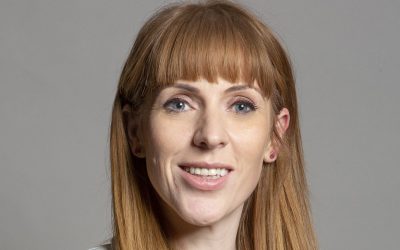The anniversary of the Homes for Ukraine scheme being launched has highlighted the work of councils to help support Ukrainians escaping war.
English councils have strived to offer sanctuary to nearly 86,000 Ukrainians who have fled Putin’s invasion under the scheme which began on 14 March 2022.
District councils – the most localised form of principal council, based in the shire counties – have taken a large proportion. Eight out of the top 10 councils welcoming the largest number of arrivals per resident are district councils.
District councils, which oversee local services including housing and welfare benefits, have worked alongside county councils, which are responsible for children’s services and social care, and other local partners including schools, police and local businesses.
Councils have used their local knowledge and expertise to ensure accommodation offered by local residents is safe and appropriate for the guests. Many councils have offered additional support including English language lessons, support groups for both Ukrainians and their host families, and financial help. Some have even offered Ukrainian guests bicycles to help them get around and help to find jobs. You can read case studies of some councils’ work below.
District councils have also been using their local contacts to find new accommodation for families when placements – which were originally set at a minimum of six months – break down.
Cllr Sam Chapman-Allen, Chairman of the District Councils’ Network, said: “It is a source of great pride to both us in the district council sector and our local residents that we have so fulsomely welcomed Ukrainians into our communities, offering them sanctuary from Putin’s brutal and illegal war.
“Our officers are experts in working with their communities to ensure we do everything possible to ensure safety, promote the welfare of potentially vulnerable people, and ensure our communities function in a cohesive and welcoming manner. Much of this work has been alongside our fellow local councils and with other local partners.
“Both our work to support our Ukrainian guests and our response to the pandemic demonstrates that district councils are uniquely placed to use their highly localised knowledge of their places and their convening power with their local communities to be responsive to crisis. This benefits our communities and it has helped support our Ukrainian visitors.”
DCN analysis of the latest Home Office and Department for Levelling Up, Housing & Communities data indicates the areas which have taken proportionately the highest number of guests.
| Council | No of arrivals | Population (2021 Census) | Residents per arrival |
| South Cambridgeshire | 767 | 162,000 | 211 |
| Chichester | 555 | 124,100 | 224 |
| South Oxfordshire | 648 | 149,100 | 230 |
| Kensington and Chelsea | 618 | 143,400 | 232 |
| Wealden | 685 | 160,100 | 234 |
| Waverley | 532 | 128,200 | 241 |
| Tunbridge Wells | 451 | 115,300 | 256 |
| Richmond upon Thames | 758 | 195,200 | 258 |
| Winchester | 488 | 127,500 | 261 |
| Sevenoaks | 454 | 120,500 | 265 |
Case study 1
South Cambridgeshire District Council
South Cambridgeshire District Council has had the highest number of Ukrainian guests proportionate to its longstanding population.
Nearly 1,000 visa applications have been made by Ukrainians to live in the district, although some of these people have now moved back to their homeland.
The council has worked with a charity to offer its guests 200 bicycles to allow many of them to get around an area which has limited public transport. Over 100 have been supported on English language classes while the council’s partnership with the Cambridge Refugee Resettlement Campaign has resulted in nearly 250 devices including laptops or phones distributed to Ukrainians, allowing them to stay in touch with family and friends back home.
South Cambridgeshire is also offering financial packages to support guests into other accommodation when Homes for Ukraine placements break down.
Cllr Bridget Smith, leader of South Cambridgeshire District Council, said “The position we took from the outset was that if we were to have more people than anywhere else, we’d do more to support them. When the time comes, we want them to go back to their country having had a really positive experience in South Cambridgeshire.
“Councils have been hugely supportive and we are very proud of our response. We have a track record of supporting Syrian and Afghan refugees. This is a really integral part of our values as a council of being welcoming and supportive.”
- You can watch videos showing the council’s campaign to encourage residents to offer spare rooms to Ukrainian guests here.
Case study 2
South Norfolk and Broadland District Councils
These two councils, which share joint management, have overseen the allocation of houses to 650 guests between them and have offered them continual support.
The councils undertook three checks on the homes used by Ukrainians: after a host family applied to participate, soon after the Ukrainians arrived and three months into their stay.
The council ensured properties were free of damp and mould and were large enough to house those allocated there. It also ensured they were appropriately allocated, for instance so that families with small children were not housed in properties with uncovered ponds.
Mike Pursehouse, South Norfolk and Broadland councils’ assistant director for individuals and families, said: “Because the district council is close to the ground we were also able to look at physical environment – is it near services, busy roads or ponds? We know all those kinds of risks and whether there are there any issues in that village or town. Knowing the local area is really important.”
The councils have used their convening power to work with Norfolk County Council including its children’s services department, as well as police, schools and parish councils to resolve any problems that emerged.
The two district councils have also run events for both Ukrainians and host families, and holds regular online host seminars at which host families can discuss any support needs they have.
“Some of our guests have full English, some can only partially speak it. There are a lot of scared children who have left their dads behind, or in some cases lost their dads, so their support needs vary considerably,” said Mr Pursehouse.
Yuliia’s story
Yuliia came to the UK in the summer of 2022 with her two adult children and joined a host family in South Norfolk. They had left a town emptied and silenced by warfare, with Yulia’s husband and another child serving in the territorial defence. Yuliia’s children both found work locally, and the family was desperate to stay in the area. Although their hosts had tried to help them move on, it became apparent during conversations with the council that there was a barrier to doing so.
The family was proactive in looking for a new home, but cultural and language barriers meant they couldn’t get past an initial conversation with a letting agent. The council’s Ukraine specialist Housing Solutions Officer supported the family by drafting a statement for them that they could take to viewings. It detailed a little about their experience, the great progress they had made in the UK, their work, character references, and the fact that they could pay 6 months’ rent in advance. The family’s original hosts extended their stay by a month and supported them in attending viewings. The family faced many rejections before eventually receiving an offer, but not before their extended placement with their hosts would end.
The council had just recruited a new host in the local area who had an almost self-contained flat in their home. Although reluctant to let to three adults, they were impressed by the family’s commitment to creating a future for themselves and wanted to play a part in supporting them to move on without losing the employment they had worked so hard to find. The new hosts were amazing, helping the family set up with everything they needed and giving them time and space to clean and prepare their new home before moving in.
Yuliia said to the council’s housing team: “The English are very brave and kind people, you do so much for Ukrainian people. It heals our hearts. Me and my children wanted to say thank you so much. We have an apartment and my children kept their jobs and it’s thanks to you, thank you.”






